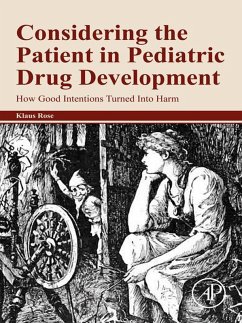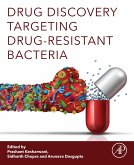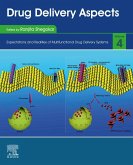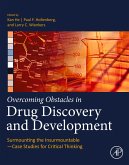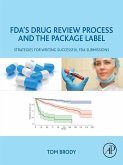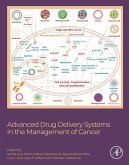Considering the Patient in Pediatric Drug Development: How Good Intentions Turned into Harm addresses a fundamental challenge in drug development and healthcare for young patients. In clinical trials and clinical practice, the term "children" is used ambiguously to confer physiological characteristics to a chronological age limit, which in reality does not exist. This book outlines why the United States (US) and European Union's (EU) regulatory authorities, pediatric academia, and the pharmaceutical industry demand, support and perform pediatric drug studies, along with the key flaws of this demand that blurs the different administrative and physiological meanings of the term "child."
In addition, the book covers why most pediatric regulatory studies lack medical sense and many even harm young patients and the conflicts of interest behind pediatric drug studies. It includes relevant information about the maturation of the human body regarding absorption, distribution, metabolism and excretion of food and drugs as well as key differences between newborns, infants, older children and adolescents.
In addition, the book covers why most pediatric regulatory studies lack medical sense and many even harm young patients and the conflicts of interest behind pediatric drug studies. It includes relevant information about the maturation of the human body regarding absorption, distribution, metabolism and excretion of food and drugs as well as key differences between newborns, infants, older children and adolescents.
- Explains relevant information about the maturation of the human body regarding absorption, distribution, metabolism and excretion of food and drugs, including key differences between newborns, infants, older children and adolescents
- Discusses historical roots of separate drug approval in officially labeled "children" and conflicts of interest in performing and publishing "pediatric" research
- Helps to decipher justifications for pediatric studies to help people navigate the relevance of the information
Dieser Download kann aus rechtlichen Gründen nur mit Rechnungsadresse in A, B, BG, CY, CZ, D, DK, EW, E, FIN, F, GR, HR, H, IRL, I, LT, L, LR, M, NL, PL, P, R, S, SLO, SK ausgeliefert werden.
"The book is educational and interesting. As a pharmacist who worked in a pediatric hospital for five years, I do think the book could have discussed some of the life-saving efforts of pediatric medicine as well." --© Doody's Review Service, 2020, Judith Klevan, BA, BS(Einstein Medical Center Philadelphia), reviewer, expert opinion

